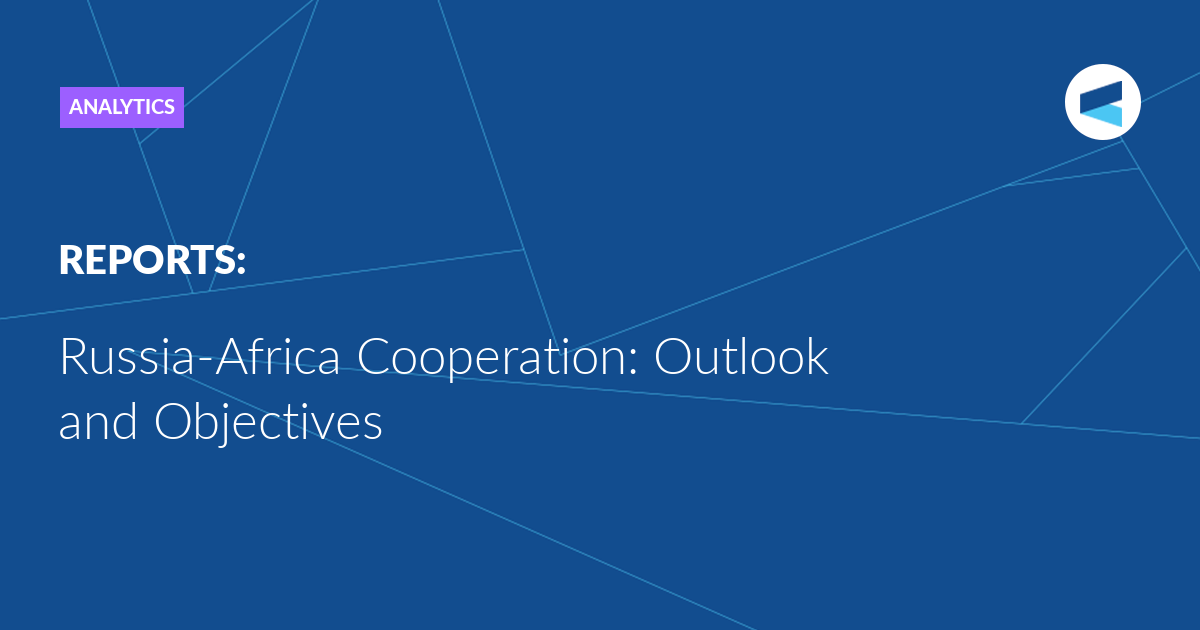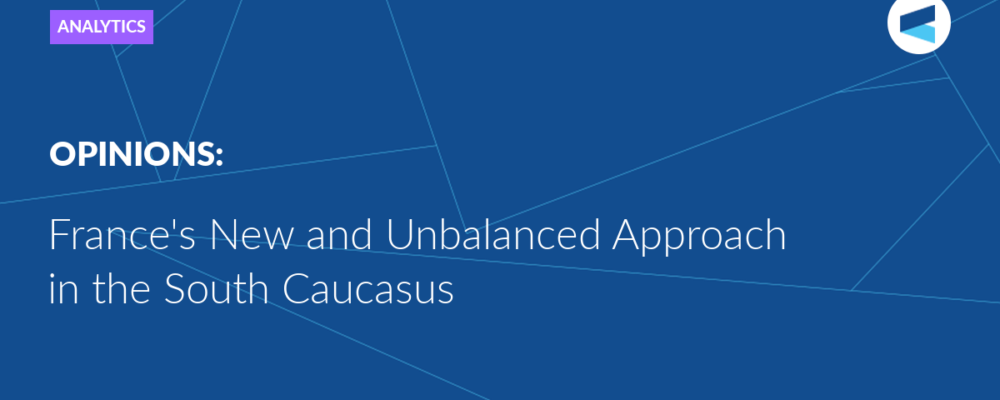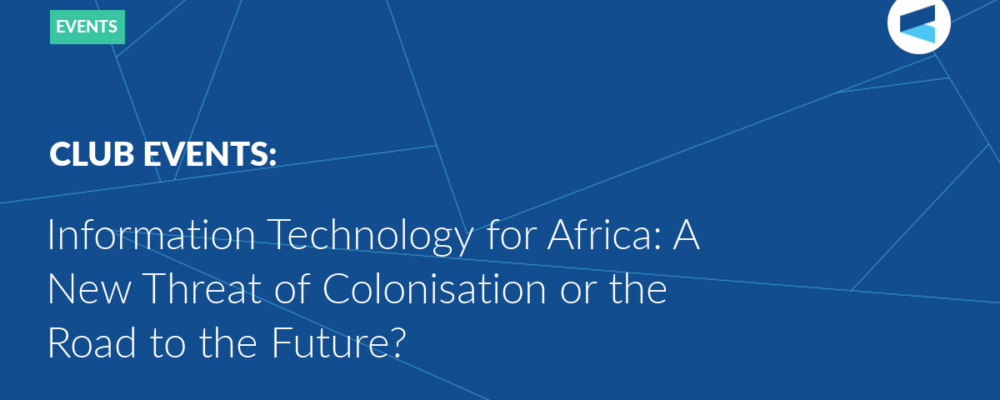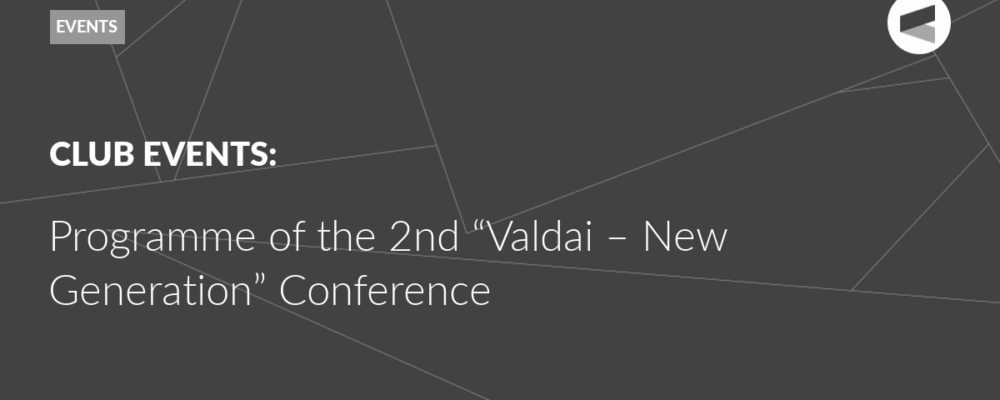Russia-Africa relations have become more substantive and regular over the past year, with development strategies, plans, roadmaps and summit meetings, that have become regular despite the challenges and plans for annual Russia-Africa ministerial conferences. The range of the key Russian actors in Africa has changed, the list of Russia’s privileged African partners has been expanded and Russia’s contribution to the sovereignty and development of African countries has become more substantial. A system of Russian-African relations is gradually taking shape from chaos, dissonance and competing initiatives.
Political signals are increasingly often complemented with practical efforts in various spheres. However, there is still room for a closer alignment of Russia’s political and economic interests in the region, considering that political dialogue with some countries is developing more actively than economic cooperation. The current task is to streamline the areas of substantive cooperation with the friendliest countries, which should add stability to new partnerships. However, in 2024, even our opponents no longer describe Russia’s policy towards Africa as inconsistent or opportunistic. Moscow does not miss the opportunities that arise due to the mistakes and miscalculations of its rivals in the region, while some success stories are complemented by a broad system of contacts based on a shared vision of the future.
There are evidences of Russia’s more comprehensive agenda and actions in Africa, including a trust-based dialogue with Algeria for a settlement in the north of Mali and with South Africa for discussing the African Peace Initiative for Ukraine. This is clearly refl ected in the fi rst summit, which was held in Sochi in 2019, that kicked off the process and was used as the declaration of intentions, while the second summit held in St Petersburg in the summer of 2023 demonstrated interim results in the development of bilateral and multilateral efforts to boost the Russian-African relations and made a substantial contribution to stimulating bilateral ties. The summit was followed by the visits by the presidents of Equatorial Guinea, South Sudan, Chad and Guinea Bissau and many African ministers to Russia after the 2023 summit, as well as the development of ties at other levels and the work of intergovernmental commissions.
During the 2023 summit, the participants focused on discussing political instruments for the development of trade and economic relations, whereas their business communities took a more practical view of their capabilities.
Rosatom proposed a consistent vision for developing relations with African countries. However, Russian oil and gas companies refrained from making ambitious statements, even though they attended events held on the side-lines of the summit. In the absence of new large investment projects and initiatives, the agenda focused on the development of bilateral trade. Economic Development Minister Maxim Reshetnikov said that “our goal for 2030 is to at least double trade.” The events of 2020−2022, which took place between the first and second summits, changed the international stage so radically that the partners had to look for common grounds again. Meetings held at the top level during the 2023 summit reaffirmed the complementarity of the Russian and African agendas.
The heads of African states spoke about cooperation in agriculture, fisheries, energy, the training of personnel, mining, transport, exploration, and space research. Nearly all of them called for the creation of conditions for uninterrupted fertiliser and food supply chains. Some African presidents expressed hope for more active ties with the BRICS New Development Bank. One of the main topics on the agenda was digitalisation as the underlying element of future cooperation in the main spheres, which aligns the political and economic aspects of Russia’s dialogue with its priority partners in Africa. A milestone event in that sphere was the presentation of an initiative on knowledge sharing in the field of state governance proposed by the Innopraktika non-governmental development institute and the Higher School of Economics.
The Valdai Discussion Club was established in 2004. It is named after Lake Valdai, which is located close to Veliky Novgorod, where the Club’s first meeting took place.
Please visit the firm link to site






